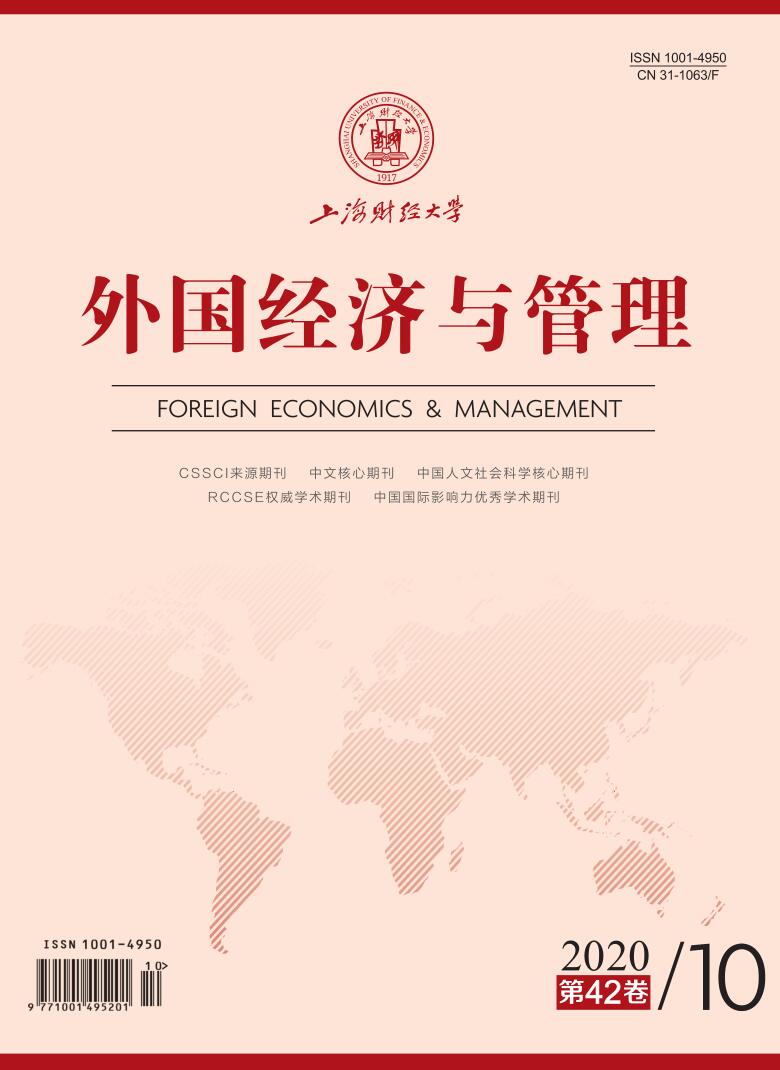The female-socialized hypothesis holds that raising a daughter affects parents’ values and behavioral preferences. Studies have shown that daughters make parents more concerned about social health and more inclined to think in terms of social care. This is called “daughter effect”. When CEOs raise a daughter, their altruistic preference will be strengthened and they will be more concerned about the welfare of social and corporate stakeholders, which will ultimately be reflected in the performance of corporate social responsibility(CSR). In other words, CEOs will pay more attention to CSR due to the “feminine socialization” effect of their daughters. Of course, other CEO personal factors and organizational factors have a moderating effect to the relationship between CEOs’ daughter raising and CSR.
Based on the perspective of female socialization, this paper discusses the relationship between CEOs’ daughter raising and CSR, and further analyzes the moderating effects of CEO gender, CEO ownership, corporate system and the marketization level of the external environment on this relationship. Based on the data of Chinese listed companies in Shanghai and Shenzhen from 2010 to 2018, we draw five conclusions: Firstly, CEOs who raise daughters perform better on CSR than those who do not. Secondly, compared with female CEOs, male CEOs raising daughters have a more significant impact on their other-regarding preference, which is specifically reflected in the better CSR performance of their companies. Thirdly, CEO shareholding has a significant inhibitory effect on the expression of “daughter effect”. Fourthly, compared with state-owned enterprises, the institutional environment of private enterprises is not conducive to the expression of “daughter effect”. Finally, compared with enterprises in high-marketization regions, the “daughter effect” of CEOs is more significant in enterprises in low-marketization regions.
The main contributions of this paper are as follows:(1)It improves relevant researches in the field of CSR, and also provides ideas for subsequent scholars to explore the decision-making characteristics of other important executives in enterprises, such as whether the other-regarding preference of the chairman is also affected by the “daughter effect”.(2)It shows that female socialization not only affects individuals, but also indirectly changes the degree of other-regarding preference in the overall behavior of enterprises, which provides a new theoretical perspective for the study of CSR and other fields of strategic management.(3)It also complements and improves the principal-agent theory to a certain extent, that is, whether a CEO raises his or her daughter can be one of the important bases for the selection of agents by the board of directors and the general meeting of shareholders.(4)From the perspective of individual level of CEOs(gender and shareholding)and the internal and external institutional environment of the organization, this paper discusses the regulating mechanism of the relationship between CEOs’ daughter raising and CSR. On the one hand, the above discussion on situational factors can supplement and improve the existing researches on the gender of CEO offspring and family structure in the field of sociology. On the other hand, it can also enhance the universality of the research conclusions of this paper.






 10972
10972  7143
7143

